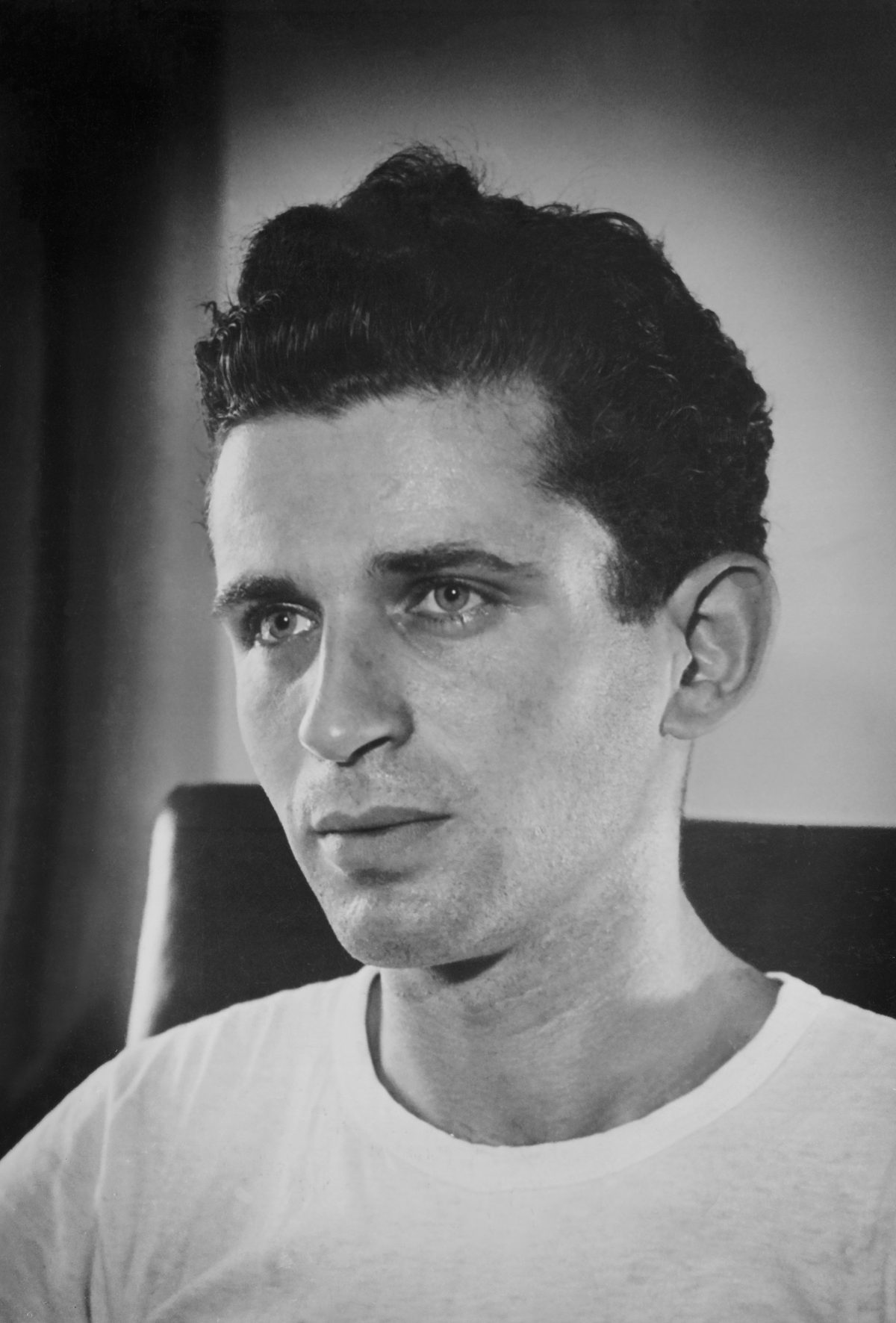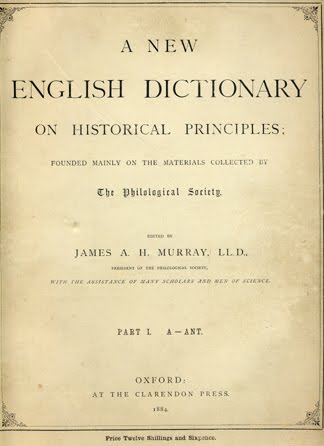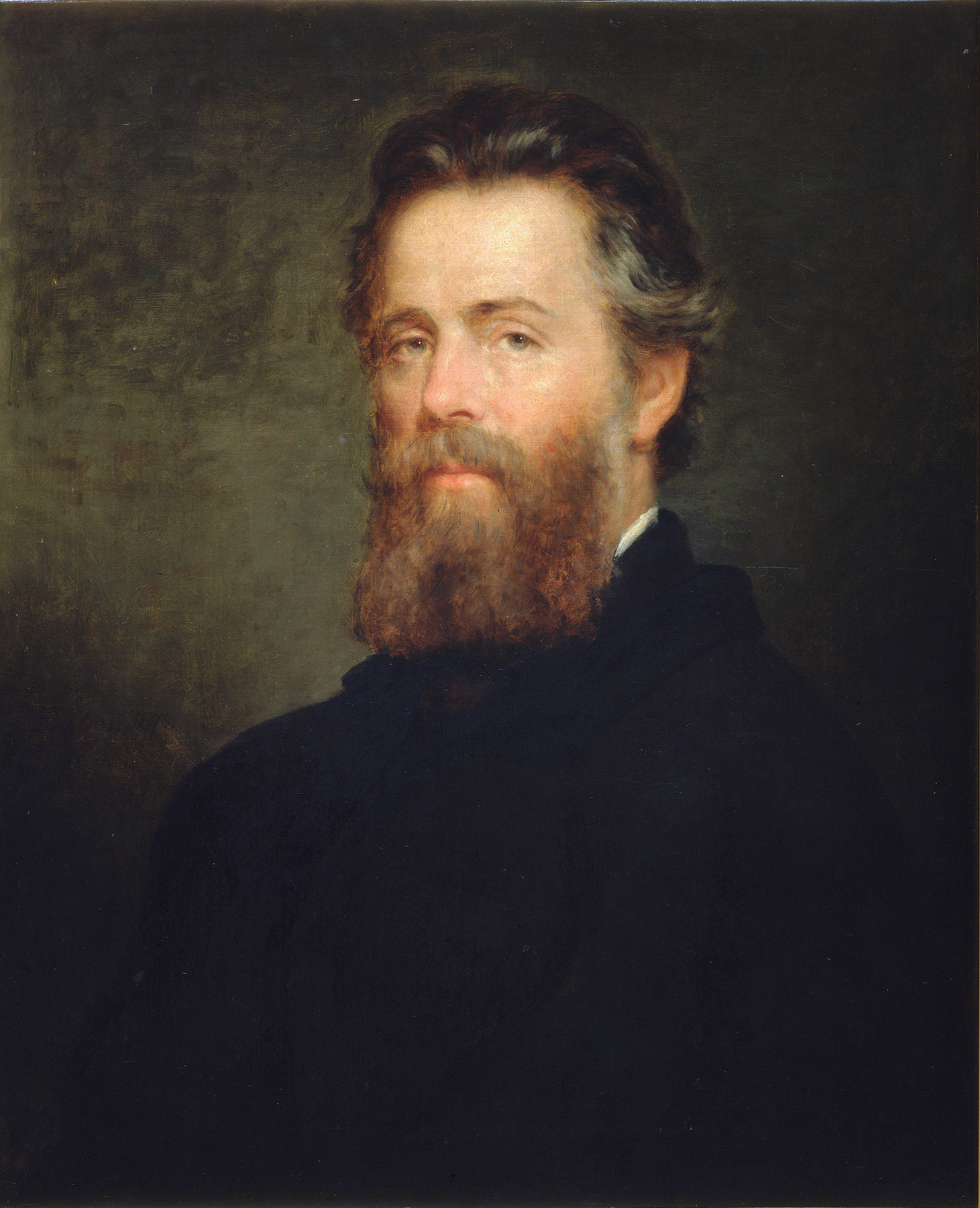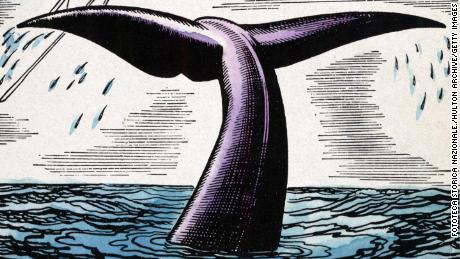
A first edition copy of “Dracula” signed by Bram Stoker.
The first copies of the classic vampire novel Dracula, by Irish writer Bram
Stoker, appeared in London bookshops.
A childhood invalid, Stoker grew up to become a football (soccer) star at
Trinity College, Dublin. After graduation, he got a job in civil service at
Dublin Castle, where he worked for the next 10 years while writing drama
reviews for the Dublin Mail on the side. In this way, Stoker met the well-
respected actor Sir Henry Irving, who hired him as his manager. Stoker
stayed in the post for most of the next three decades, writing Irving’s
voluminous correspondence for him and accompanying him on tours
in the United States. Over the years, Stoker began writing a number of
horror stories for magazines, and in 1890 he published his first novel,
The Snake’s Pass. Stoker would go on to publish 17 novels in all
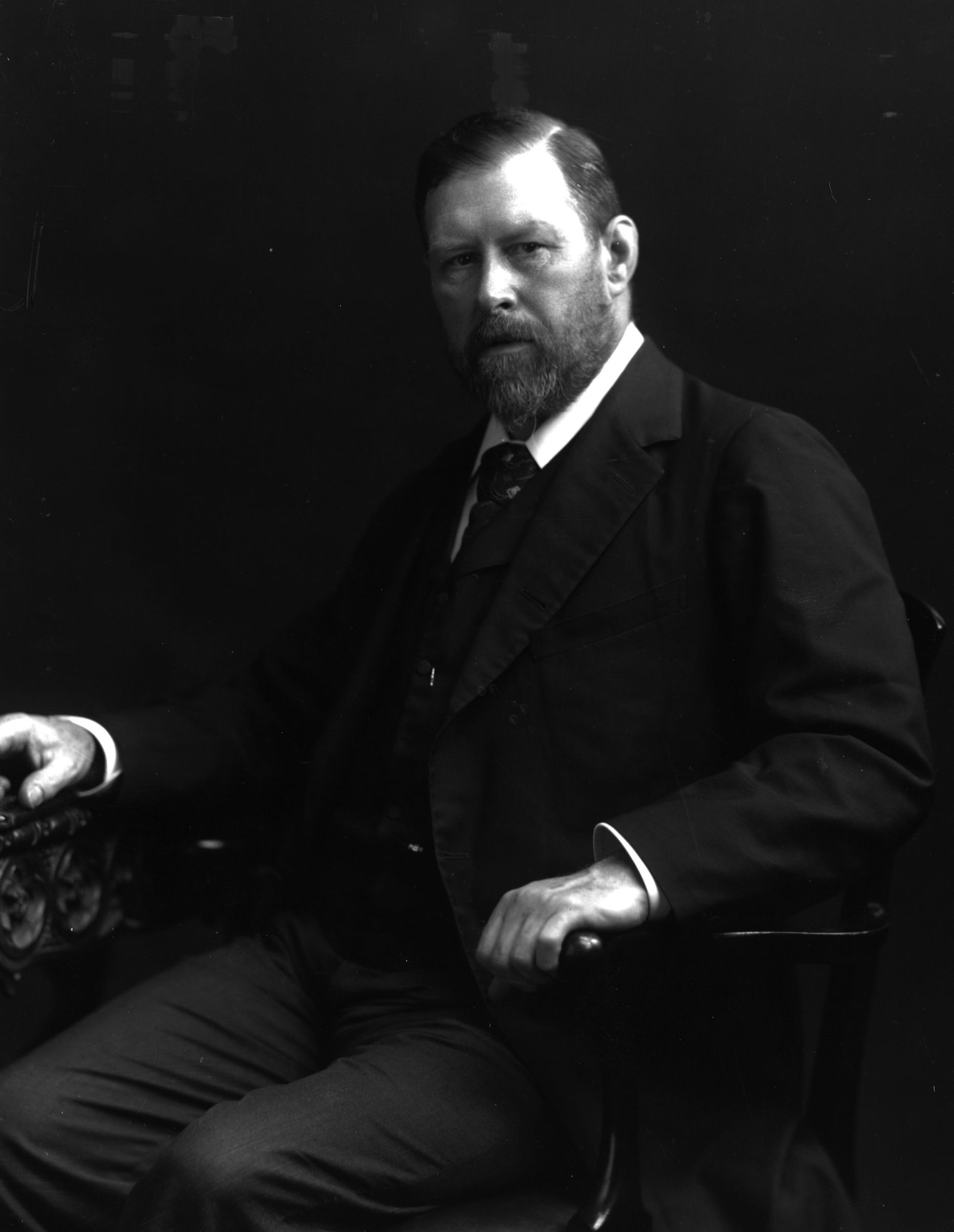
Abraham "Bram" Stoker
(November 8, 1847 – April 20, 1912)


